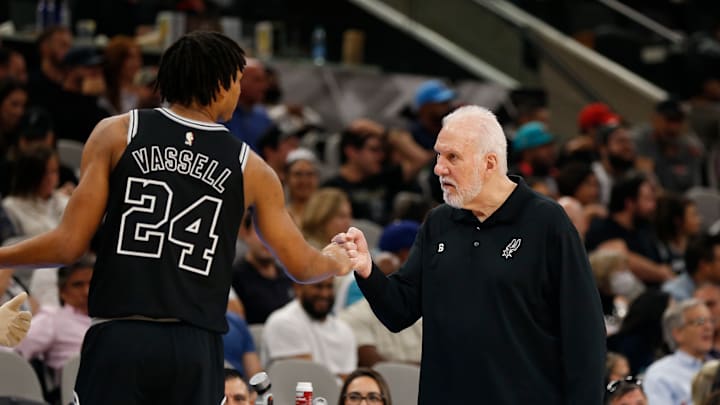1: The Spurs won't have to worry about dramatic salary-cap spikes
Who can forget the summer of 2016, when the NBA salary cap jumped more than $30M? That rare occurrence changed the course of NBA history and possibly cost the Spurs a championship. Had the NBA and NBPA agreed to cap smoothing, the salary cap wouldn't have jumped nearly as much as it did, and the Golden State Warriors wouldn't have been able to sign Kevin Durant to a max contract.
The Spurs lost to Golden State in the 2017 Western Conference Finals. Limiting salary cap increases to a maximum of 10% prevents scenarios like that from happening again and ensures competitive balance. It also keeps small-market teams from needing to spend dramatically in any given year to reach the salary cap floor.
After all, teams are required to spend at least 90% of the salary cap, and if the cap were to rise from $122M to, say, $150M in one season, San Antonio would be required to dole out $135M. This rule would also prevent contract extensions from getting out of hand and slow down the rising cost of salaries. That's great for San Antonio but not so much for the players.
The new CBA appears to lend itself toward increasing parity in the NBA. Considering the Spurs are a small market team, it should serve them well.
